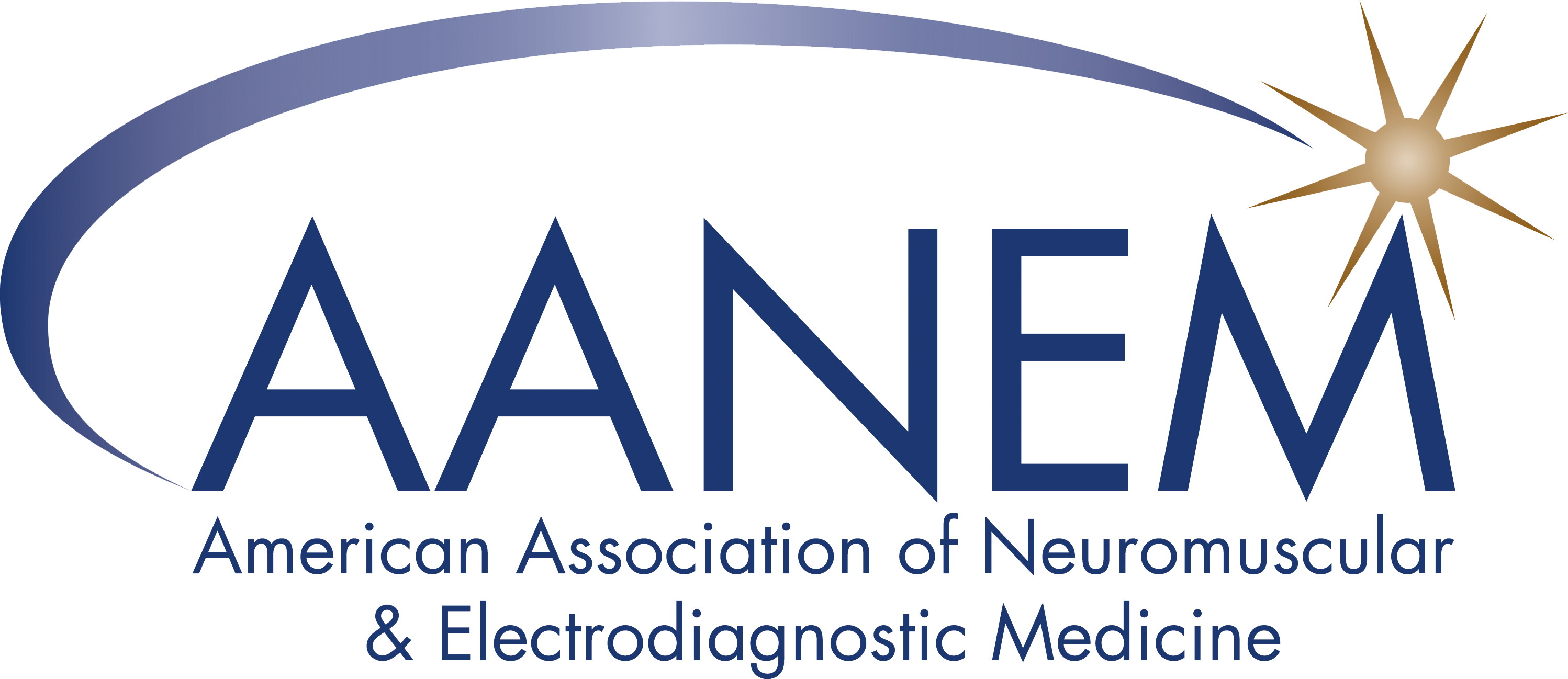
Join this vibrant community of professionals eager to exchange ideas, share resources, and engage in meaningful discussions. Use this platform as a sounding board to seek advice for navigating challenging cases or career decisions, and receive expert guidance from generous peers who want to help you succeed.
AANEM Connect
NMUS in diagnosis of ALS
Abbas Jowkar1/10/25 9:51 AM (CST)
I would like the experts in the forum to weigh in on this issue. I would appreciate input to get help with my patient.
I recently had a patient who has clinically an UMN syndrome (PLS like). Onset of symptoms less than a year and evolving. Patient had EMG done by another neuromuscular provider, admittedly had technical difficulties, only limb muscles were tested. No craniobulbar or thoracic paraspinal muscles were tested. No LMN features on EMG (no PSW or fibs) or fasciculations. The patient was sent to me for a 2nd opinion. Since then (8 months), the patient has developed mild spastic/flaccid dysarthria. The whole picture is clinically confounded by a coiled basilar tip aneurysm, cerebellar stroke, C5 corpectomy and cervical fusion due to osteomyelitis of cervical vertebrae and epidural phlegmon 6 years ago.
I am trying to get NMUS to check for fasciculations. At my practice, the radiology department is the only one who is allowed to to NMUS. I am trying to get radiology to do NMUS of 5 muscles (see link below) which some of you are aware to see for fascics which I can use to clinically diagnose ALS. I am meeting some resistance by some who feel they can only use EDx proven fascics and not NMU proven fascics to get patient's enrolled in clinical trial and avail the diagnosis of ALS. Al Awaji criteria is applicable for EDx fascics and not shown for NMU fascics. I find it rather confusing to parse out the logic.
I would appreciate if the experts in the forum can weigh on this issue. Below are some links to articles, I had quoted.
There are
0 responses to this thread.
In order to comment on posts and view posts in their entirety, please login with your AANEM member account information.

